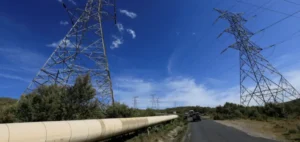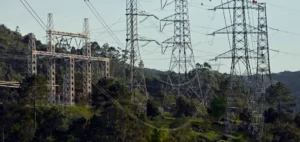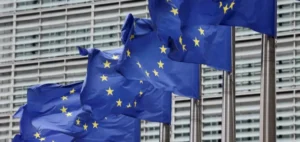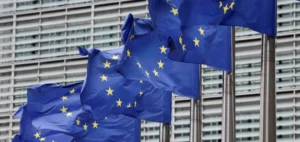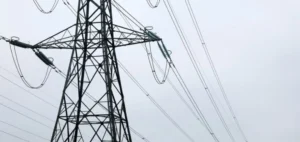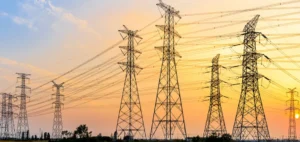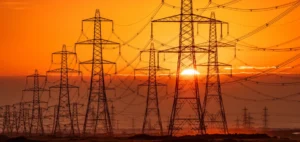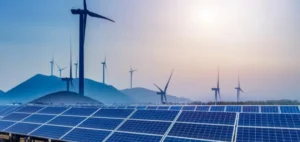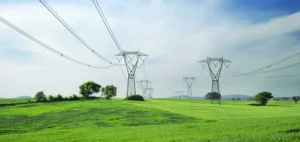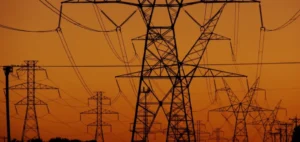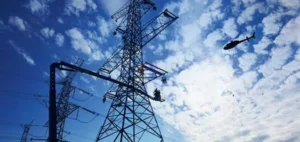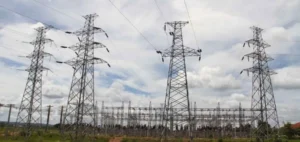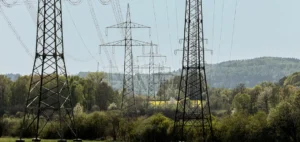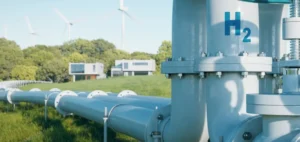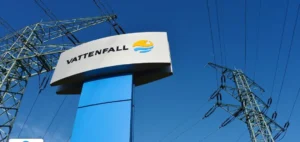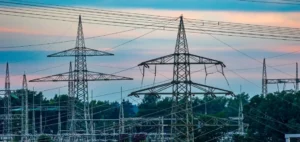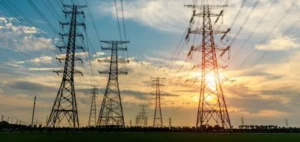The European Investment Bank (EIB), through its international partnerships arm EIB Global, has granted a $300mn framework loan to Naturgy Energy Group to modernise and expand Panama’s electricity distribution grid. This marks the largest loan ever granted by the EIB to a private company in Central America.
The financing is backed by the Compañía Española de Seguros de Crédito a la Exportación (CESCE), the Spanish export credit agency. The guarantee mechanism was jointly developed by the EIB and CESCE to support international projects led by Spanish companies. It aligns with the European Union’s objectives to invest in sustainable energy infrastructure beyond its borders.
Strengthening the grid and reducing losses
The project will be carried out by Naturgy’s Panamanian subsidiaries, EDEMET, S.A. and EDECHI, S.A. It aims to reduce technical and commercial losses, enhance distribution system efficiency and increase national grid resilience. The programme will also connect new users, particularly in low-income areas, and facilitate the integration of renewable energy capacity.
The grid’s modernisation is expected to reduce electricity costs and improve supply security, while supporting Panama’s economic development goals. The investment contributes to the EIB’s 2024-2027 Strategic Roadmap and phase two of its 2026-2030 Climate Bank Roadmap.
A strategic Euro–Latin American partnership
This project forms part of the Global Gateway, the European Union’s investment programme for Latin America and the Caribbean. It supports the flagship initiative to strengthen the Central American Regional Electricity Market (MER). The partnership helps Panama meet its Nationally Determined Contribution (NDC) under the Paris Agreement by enabling the integration of new renewable capacity and enhancing overall system performance.
At the recent CELAC-EU Summit, the EIB introduced a €1bn financing initiative to support electricity transmission and distribution infrastructure in six countries in the region, including Panama. The operation supports European engagement in regional energy development and fosters progressive market integration.
Institutional presence and industrial commitment
The loan agreement was signed in the presence of several high-level officials, including EIB Group President Nadia Calviño, Naturgy Chairman and CEO Francisco Reynés, as well as representatives of CESCE, the Panamanian government, the European Union, and the Spanish diplomatic corps. This institutional engagement reflects the strategic nature of the operation for Euro–Latin American energy integration.
Naturgy Panamá’s full board of directors also attended, highlighting the financing’s importance within the company’s regional strategy. The joint support from the EIB and CESCE strengthens the position of European companies in the development of critical infrastructure on an international scale.



